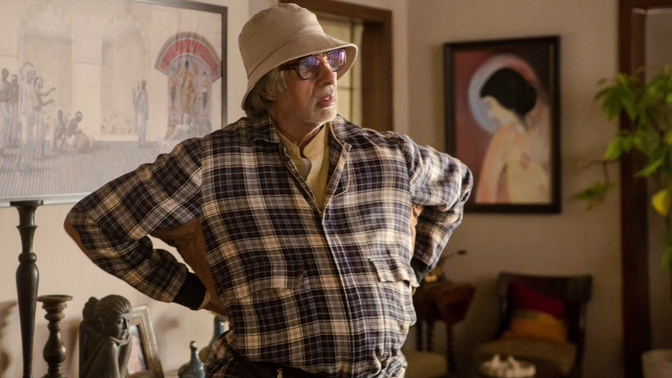My father, Anna, lives in a flat, a few houses away from my own. I run the house, including all the support staff. Though most Indian homes have some support staff, unlike other countries, it is not easy to get or manage reliable, professional support at all times.
Hence, I visit Anna at least twice a day if not four times. Anna has got used to me running in and out of the house at odd times. The one constant visit is in the morning, when I wake him and we chat over his first cup of coffee.
So when I told him that I needed to go to Bangalore for three days, he was not happy. Why? I asked – my husband and father-in-law would both continue to meet him during the day, and I was just a phone call away. He merely said, “It’s not the same”.
I brushed off the statement and ignored the pout.
So off to Bangalore I went. He wished me all the best and said, as he customarily does, “Be careful.”
Over the week we dealt with five distinct phases:
Phase 1: Familiarity and Security
This was the phase Anna and I were in. He is used to having me around, chatting, going out, joking, providing emotional support, etc. This is how it normally is, other than when he is having delusions or hallucinations.
Phase 2: Depression/Sadness
This started the morning after I left. He talked less, walked less, constantly asking when I would be back. He would not respond to simple questions like what he would like to eat. He got maudlin with Sanjiv, my husband, seeking reassurance that he was not a burden.
Phase 3: Disorientation
The progress from sadness to disorientation was fast. Anna started to think he was in Bangalore. Perhaps because I was in Bangalore. He wanted to eat mysorepak and jaangiri (his favourite South Indian desserts).
He could not understand why it was difficult to get these in Delhi.
Phase 4: Delusion
Then started his money delusion – that there was money in a bag which was lost. The morning after I returned, when we were drinking coffee, he kept flipping the pages of the newspaper, like flipping through a wad of notes, looking for something.
This phase lasted for over a day. He went from thinking he had lost money, to thinking that he was a pauper and that there was no money to look after him. I continued to use logic to break the delusion.
Phase 5: Reassurance
The second day after my return, Anna actually walked to my flat mid-morning, something he has done only once before, to chat with me.
Anna: “I understand that you do not leave any cash in my flat. And that there is no cash missing. As you have explained.”
Me: “Good, Anna.”
Anna: “But I distinctly remember cash in a green bag.”
For the life of me, I don’t! So we spent 45 minutes, going through the logic of how there is no cash at his place (for safety reasons), how I withdraw money when he or the household needs it (he can’t do this himself), etc.
Then I whipped out the trump card, his Pension Account Passbook, that I had just had updated in Bangalore. We spent another 30 minutes reading (and re-reading) his pension credit amounts, interest credit amounts, withdrawals, etc.
It has taken over a day for Anna to come back to nearly how he was when I left. It tells me that I have to:
Avoid Building Dependency
Yes, it is critical to create and maintain structure and schedule in a patient’s life. But there can be too much of it. So I need to find a way to wean Anna from seeing me daily. Perhaps replace the meeting with a call. Perhaps tell Anna that I will not see him on a day at random.
No More Guilt Trips
Even when I am dog tired, I will still stop by Anna’s to say “Hi” and chat for 5 minutes. I do this because I feel guilty. Guilty that I have not seen him, or that he will be waiting for me. I have to realise that this is self-created guilt and that it serves no purpose. It does not help me or him.
(After working in corporate India for over 29 years, Sangeeta has taken time off to look after her father, who was diagnosed with Parkinson’s Disease in 2008. Sangeeta hopes that these authentic stories will help patients and caregivers understand and appreciate the impact Parkinson’s Disease. You can follow Sangeeta’s blog here.)
(At The Quint, we question everything. Play an active role in shaping our journalism by becoming a member today.)
